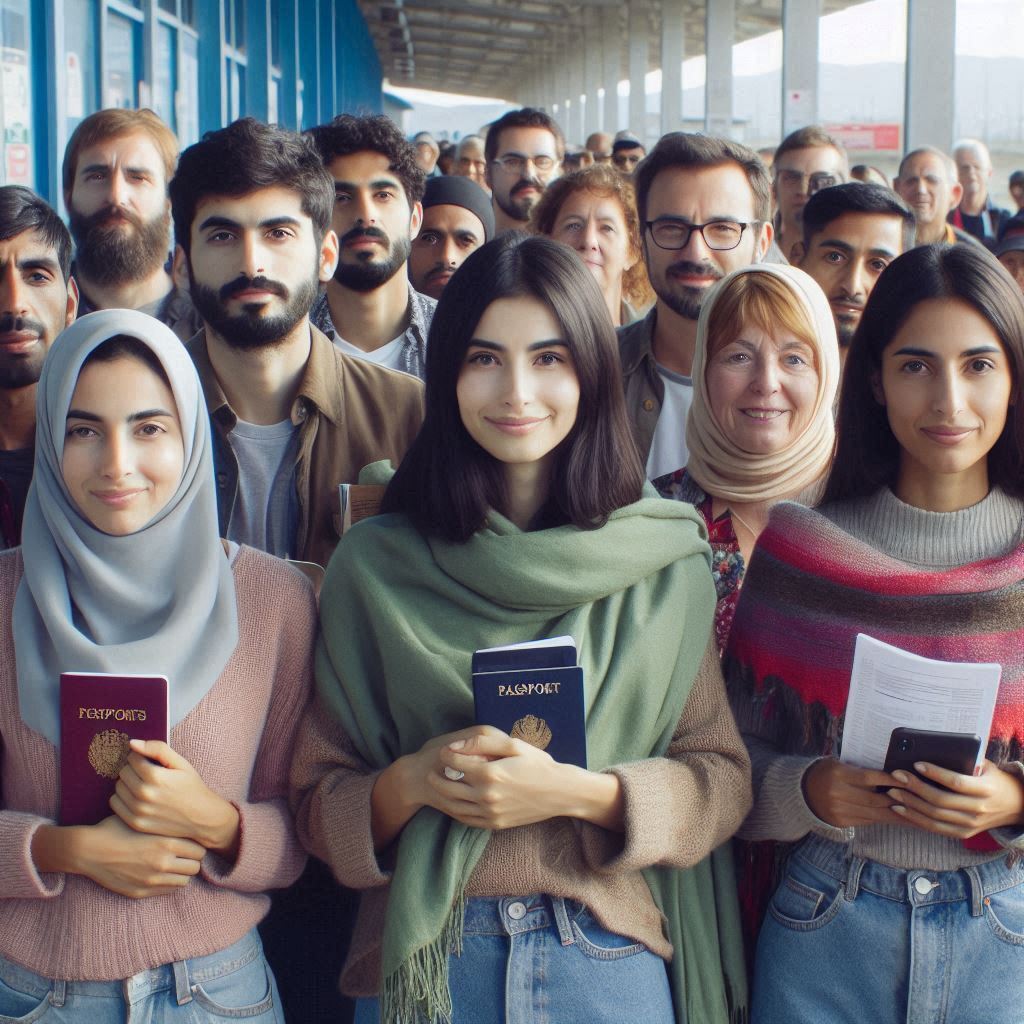Asylum seekers are individuals who flee their home country due to persecution, war, or violence. The journey to shelter is often fraught with danger and uncertainty. Many refugees travel long distances, often on foot, and face numerous challenges along the way. Asylum seekers face some of the biggest challenges. They are often subject to exploitation, abuse, and violence, and have limited access to necessities. In addition, language barriers and cultural differences can make it difficult for refugees to navigate the complex sanctuary process. The following are the most common challenges that migrants have to face when they are planning to move abroad or have moved abroad.

Barriers to entry
Asylum seekers face numerous barriers when seeking refuge in other countries. One of the biggest barriers to entry is the language barrier. Many refugees do not speak the language of the country they are seeking refuge in, making it difficult for them to communicate effectively with officials.
Another barrier is the lack of resources available to refugees. Many are forced to rely on non-profit organizations for legal assistance and other basic needs. This can be a daunting task, as these organizations are often understaffed and underfunded.
Lengthy and complicated Asylum procedures
One of the biggest challenges facing migrants is the length of the process. It can take months, and sometimes even years, for individuals to receive a decision on their application. The seekers have to navigate a complex legal system, fill out extensive paperwork, and present their cases to an immigration judge. This can be a difficult and stressful time for those involved, as they are often living in limbo and unsure of what their future holds.
Restricted access to basic rights
The migrants are often forced to live in substandard conditions, with little to no support from the government or the community. The lack of access to healthcare is particularly concerning, as many refugees have fled their home countries due to war, persecution, or other forms of violence. Without proper medical care, they are at risk of developing serious health problems or worsening existing conditions. Similarly, the limited access to education and employment makes it difficult for them to integrate into society and contribute to their new communities.
Detention and deportation
Upon arrival, many asylum seekers are placed in detention centers, where they can be held for months or even years while their cases are processed. During this time, they are at risk of physical and emotional harm, as well as being separated from their families.
The process of seeking asylum is complex and difficult, and many refugees are not able to navigate it successfully. They may not have access to legal representation or be able to understand the legal system. As a result, they are often deported back to their home countries, where they may face persecution or even death.
Discrimination and xenophobia
Asylum seekers face the challenge of discrimination and xenophobia in many countries around the world. Discrimination against migrants can take many forms, from being denied access to basic services like healthcare and education, to being subjected to verbal and physical abuse. Xenophobia, or fear of foreigners, can also lead to violence and harassment. These attitudes are often fueled by misinformation and stereotypes about refugees.
The road ahead: improving situations for Asylum Seekers
Governments around the world can greatly improve the situation for asylum seekers by implementing policies that prioritize their needs. The authorities need to provide adequate housing and necessities such as food and healthcare to refugees. This can be accomplished by allocating funds towards refugee resettlement programs and collaborating with non-governmental organizations to ensure that the needs of migrants are met.
The authorities can provide them with access to education and employment opportunities. Governments can work with local businesses to create job opportunities for migrants and provide language and skills training to help them succeed in the workforce. The authorities can create policies that protect their rights and prevent discrimination.
You may also like these articles:
Asylum: best countries to find the help
How to get political asylum in Poland: Full Guide
Get a political asylum in the USA: How to cross the border with Mexico?
